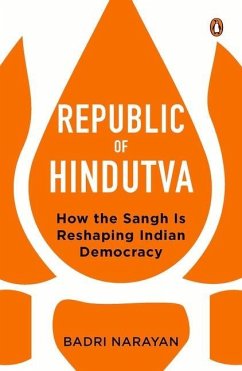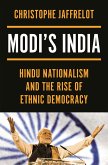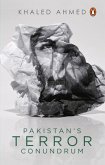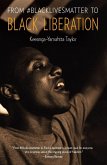For many years, the Rashtriya Swayamsevak Sangh has been working towards social reconstruction in India, which is then used by the Bharatiya Janata Party for political benefit. Contrary to popular understanding, the RSS has transformed to become more technologically savvy and socially inclusive, making the message of Hindu nationalism appealing to a large section of Indians. It has been actively mobilizing Dalits, tribals and other marginalized communities to assimilate them into the Hindutva metanarrative. Instead of wiping out caste from electoral politics, the RSS plays up the identity of disadvantaged groups, which translates into votes for the BJP. Drawing on extensive field research in the heartland of Uttar Pradesh, this path-breaking book shows how through well-planned strategies of appropriation and social work, Hindutva forces are radically reshaping Indian democracy.
Hinweis: Dieser Artikel kann nur an eine deutsche Lieferadresse ausgeliefert werden.
Hinweis: Dieser Artikel kann nur an eine deutsche Lieferadresse ausgeliefert werden.








